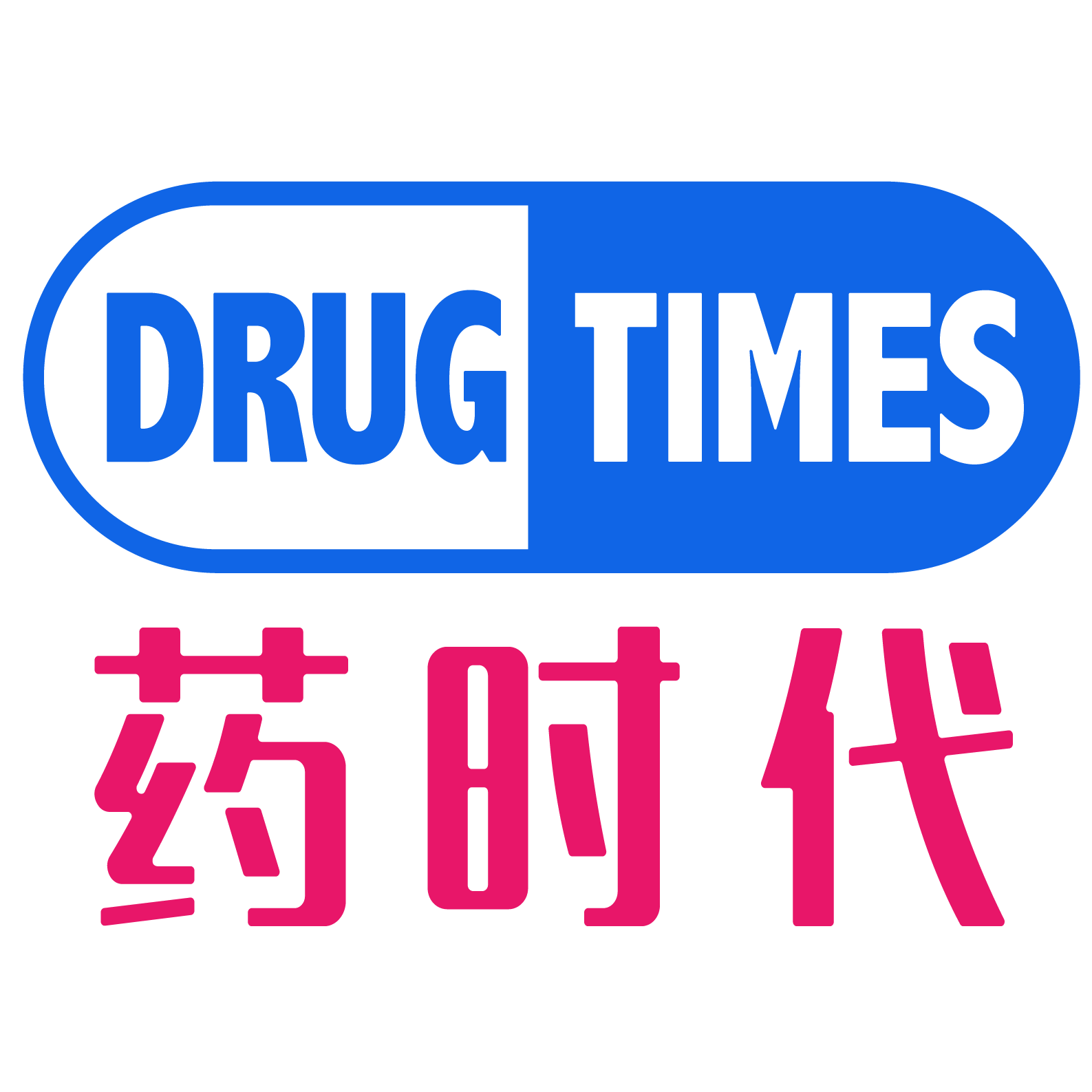
The plot has consecutive reversals, and the stock price is like a roller coaster
If we were to select the most globally renowned Chinese biotech, Akeso Inc., which was founded in 2012 and started in Zhongshan City, Guangdong Province, China, would definitely be on the list, and at least rank among the top three.
It was first noticed by the global pharmaceutical industry probably in 2015. In November of that year, Akeso’s CTLA-4 inhibitor product was licensed to the global pharmaceutical giant Merck & Co. for 200 million US dollars, becoming the first Chinese company to license its independently developed biological drug to a global top 5 pharmaceutical company. The second time it stood in the spotlight of the global industry was seven years later. In December 2022, Akeso granted Summit Therapeutics (SMMT.US) the exclusive license rights to develop and commercialize its independently developed PD-1/VEGF bispecific antibody Ivonescimab (AK112) in the United States, Canada, Europe and Japan with a total transaction amount of up to 5 billion US dollars. Both the upfront payment of 500 million US dollars and the total amount of 5 billion US dollars set records for the export of Chinese innovative drugs at that time, astonishing Chinese counterparts.
And this third time occurred at the end of May 2024. On the eve of the Annual Conference of the American Society of Clinical Oncology (ASCO) attended by more than 40,000 professionals from around the world, due to the disclosed Phase 3 clinical trial results of Ivonescimab being not as good as the previous Phase 2 results, the stock prices of Akeso and Summit companies plummeted one after another. One week later, the stock prices of the two companies changed dramatically like a roller coaster again.
On May 24 (Friday), within an hour after the opening of trading, the stock price of Akeso plummeted all the way, with the maximum decline reaching 42.77%, and the market value evaporated by nearly 19 billion Hong Kong dollars. Near noon, the official website of the National Medical Products Administration announced that Ivonescimab was approved for listing in China for use in combination with chemotherapy in the treatment of EGFR-mutated locally advanced or metastatic non-squamous non-small cell lung cancer (NSCLC) after progression after EGFR-TKI treatment. At the briefing held urgently at noon on the same day, Dr. Michelle Xia, the chairman of Akeso, and several executives came forward to speak one after another and did their best to clarify. In the afternoon of the same day, the stock price of Akeso recovered slightly, but the decline was still as high as 22.27% at the close. On May 27 (Monday), the stock price of Akeso continued to decline by 4.45%.
On the same night of May 24, the stock price of the partner Summit also dropped sharply, with a decline of 21.8%.
A few days later, in the early morning of May 31, the official WeChat public account of Akeso Biotech (09926.HK) announced that the company’s ivonescimab Injection compared to Pembrolizumab (trade name: Keytruda) in the first-line treatment of PD-L1 expression (PD-L1 TPS≥1%) of locally advanced or metastatic non-small cell lung cancer (NSCLC). The registrational Phase III clinical study (HARMONi-2 or AK112-303), the pre-set interim analysis conducted by the Independent Data Monitoring Committee (IDMC) showed a strongly positive result: reaching the primary study endpoint of progression-free survival (PFS).
The announcement shows that the HARMONi-2 (AK112-303) study data indicates that in the intention-to-treat population (ITT), the Ivonescimab group significantly prolonged the patient’s progression-free survival compared to the Pembrolizumab group, and the hazard ratio (HR) was significantly better than expected. Ivonescimab has become the first and only drug in the world to prove that its efficacy is significantly better than that of Keytruda in a Phase 3 monotherapy head-to-head clinical study.
On May 30 local time in the United States, Summit also announced the above interim analysis result near the close of trading. After the news was announced, the stock price of Summit soared by more than 272%.
On May 31, the stock price of Akeso also rose sharply in response, rising by more than 50% in the morning session, and finally closing at 44.00 Hong Kong dollars/share, up 37.50%, sweeping away the sluggishness of recent days.
This “explosive” news also instantly triggered intense and fierce discussions and debates in the global industry.
A bispecific antibody from China seems to have accomplished a seemingly impossible mission (Mission Impossible) and achieved a blasting milestone achievement: in the phase 3 head-to-head trial of NSCLC, it defeated the world’s best-selling drug PD-1 inhibitor Keytruda of global pharmaceutical giant Merck, and became the new “drug king” that topped by virtue of 25 billion US dollars in sales in 2023 after defeating Humira.
This result is quite shocking, since before this result, no single drug in the world had defeated Keytruda in the head-to-head phase 3 NSCLC trial.
Mr. Bob Duggan, the chief executive officer of Summit, even called this result “the beginning of a paradigm shift in cancer treatment”. Analysts are trying their best to sort out the financial impact of this result, while insiders in the biopharmaceutical industry are eager to see the exact data.
Merck, what do you think?
The one who wants to wear the crown, must bear its weight!
As the new “drug king” and the champion of the PD-1 track, Keytruda has been under pressure from all aspects, one of which is the “head-to-head” trial. Fortunately, “it has always been PKed, but never surpassed”, so Merck, the company behind Keytruda, is used to it, including challenges from Akeso and Summit. Akeso is a Chinese biotech company that, although it has some products approved and is a little famous, is far from being enough to shake Merck, the “big tree” in the pharmaceutical industry. Summit, on the other hand, was incorporated in England and Wales on November 22, 2013, and is even less well-known and not to be feared.
Now that the whole world is paying attention to such explosive news, “watching the excitement” and enthusiastically discussing this challenging news, they are all shouting “how exciting!” So how will one of the stakeholders, the global pharmaceutical giant, respond? Can its crisis public relations be done well enough?
Dr. Eliav Barr, Chief Medical Officer of Merck Research Laboratories, shared in an interview with Fierce Pharma at the 2024 ASCO meeting.
As Dr. Barr pointed out, to obtain FDA approval for first-line NSCLC, this new bispecific antibody from Arkeso in collaboration with Summit may need to win in overall survival (OS). Keytruda was approved by the FDA as a monotherapy for PD-L1 positive NSCLC in 2016. But Dr. Barr noted that nowadays most doctors only use Keytruda as monotherapy for diseases with high PD-L1 expression, because Keytruda works better as a single agent. As for cases with PD-L1 expression below 50% TPS score, various combinations of Keytruda and chemotherapy represent the current practice. This means that in these patients, ivonescimab needs to defeat the combination of Keytuda and chemotherapy.
The latest big mystry in the global pharmaceutical industry
At the same time, the industry consensus is that trials conducted in China will not reflect the racial diversity of the US population. Relying solely on Chinese-only studies like HARMONi-2, or trials conducted mainly in a country other than the US, may not support applications in the US, especially for major indications like NSCLC. Dr. Richard Pazdur, director of the FDA’s Oncology Center, reiterated this stance off the record at the 2024 ASCO conference. For more on this, DrugTimes has previously done a series of reports, which interested friends are welcome to refer to.
When reviewing clinical datasets, the FDA usually analyzes data from different trial sites, looking for differences and consistency. Dr. Pazdur explained this in response to a question about the results at a STAT event on Friday.
Jefferies analysts pointed out in a report on Friday that Akeso’s HARMONi-2 trial results may benefit from its Chinese population, citing past trial experiences where anti-VEGF treatment worked better in Asian patients than in non-Asian populations.
According to Summit, ivonescimab’s PFS benefits are generally visible in patient subgroups, including low PD-L1 expression, high PD-L1 expression, squamous cell carcinoma, non-squamous cell carcinoma, and high-risk patients. Detailed results will be shared at future medical conferences.
Can ivonescimab defeat Keytruda in OS? This is becoming the latest big mystry in the global pharmaceutical industry. DrugTimes Team will continue to pay attention.
Reference:
- Akeso, Summit’s Keytruda win draws ‘explosive’ interest at ASCO. But what does Merck think?(Fierce Pharma)
- Other public materials
Note: The above is a partial translation by AI of the Chinese article posted hours ago. To read the original article, please click 康方和Summit高兴的太早了?默沙东高管点评药王K药被成功PK这一爆炸性新闻.
Just our two cents. All comments, including criticisms, are warmly welcome.
Thank you all very much!
发布者:DrugTimes001,转载请首先联系contact@drugtimes.cn获得授权

 为好文打赏 支持药时代 共创新未来!
为好文打赏 支持药时代 共创新未来! 